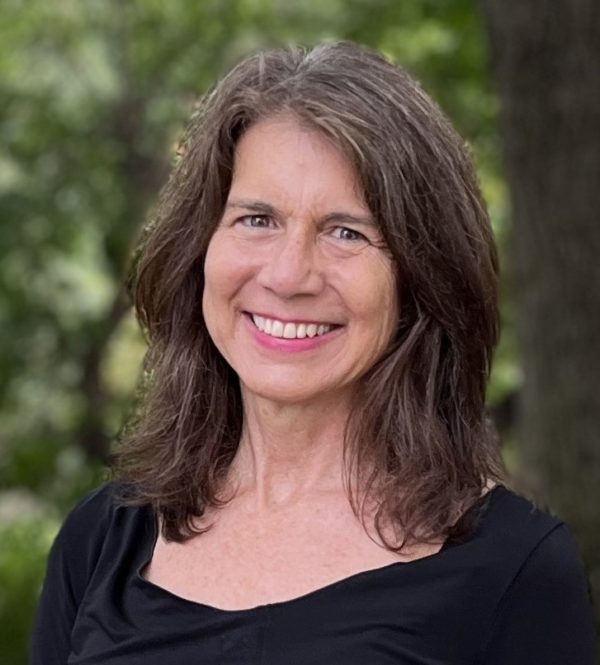 Deborah Knox began her formal education at Princeton University, where she was awarded a BA in French Language and Civilization, graduating magna cum laude. Prior to attending business school, she was vice president of Scott Calder International, a firm that marketed deluxe, international, independently owned and operated hotels in the North American market. Deborah earned an MBA from the Stanford Graduate School of Business, where she focused on entrepreneurship, marketing, and international business. After Stanford, she worked in management consulting for several years, serving clients such as Apple, Hilton Hotels, and Texas Instruments, and then moved into freelance marketing and communications consulting. In the mid-2000s, she also worked as marketing manager for Shambhala Mountain Center, a leading meditation and yoga retreat center in the Colorado Rockies.
Deborah Knox began her formal education at Princeton University, where she was awarded a BA in French Language and Civilization, graduating magna cum laude. Prior to attending business school, she was vice president of Scott Calder International, a firm that marketed deluxe, international, independently owned and operated hotels in the North American market. Deborah earned an MBA from the Stanford Graduate School of Business, where she focused on entrepreneurship, marketing, and international business. After Stanford, she worked in management consulting for several years, serving clients such as Apple, Hilton Hotels, and Texas Instruments, and then moved into freelance marketing and communications consulting. In the mid-2000s, she also worked as marketing manager for Shambhala Mountain Center, a leading meditation and yoga retreat center in the Colorado Rockies.
Passionate about leadership excellence, she has worked on a number of projects for best-selling management author Jim Collins since 1990, including performing research for Built to Last; editing Good to Great in the Social Sectors, How the Mighty Fall, and Turning the Flywheel; and performing research for and editing his latest book, Great by Choice: Uncertainty, Chaos, and Luck—Why Some Thrive Despite Them All. She integrates this experience in her work at Insight Admissions, an MBA-admissions-consulting firm she founded in 2004.
Interested in personal growth, human potential, and social change from an early age, Deborah started to meditate and explore various wisdom traditions in 1992. Over the past three decades, she has become intimately familiar with the challenges and benefits of practice, particularly for Type-A personalities. While personally convinced of the merits of mind training, in 2005, Deborah was delighted to make the acquaintance of Adam Engle, cofounder of the Mind & Life Institute and a Stanford MBA, whose organization promoted scientific research into the effects of contemplative practice on the body and the brain. Realizing she wanted to bring these practices to business people and organizations, she began to eagerly follow scientists’ latest findings in the field. In 2011, Deborah participated in the teacher training for Mindfulness-Based Stress Reduction (MBSR), a secular meditation program that emerged from the University of Massachusetts Medical Center. She has also trained in mindfulness facilitation with UCLA’s Mindfulness Awareness Research Center and Be Mindful. She integrates that work with other leadership, group-process, change-management, and contemplative approaches she has studied over the last two decades. These include Theory U, Matrixworks, Reos Partners’ Change Lab for Social Innovation, Integral Peacemaker Training’s Transforming Groups program, Contemplative Group Dynamics, New Ventures West’s Coaching to Excellence training, Nonviolent Communication, Integral Theory, and Integral Circling. She has introduced mindfulness practices to youth-leadership groups, Stanford alumni, entrepreneurs, and CEO groups; and is offering tailored introductory sessions and programs on individual and group bases. One of her visions is to help business schools adopt meditation training as part of their curricula.
Deborah enjoys practicing yoga, doing improv, acting, dancing, traveling, cooking, facilitating groups, building community, studying the world’s wisdom traditions, and hiking; and she is a big fan of art, design, architecture, social entrepreneurship, and sustainability.
